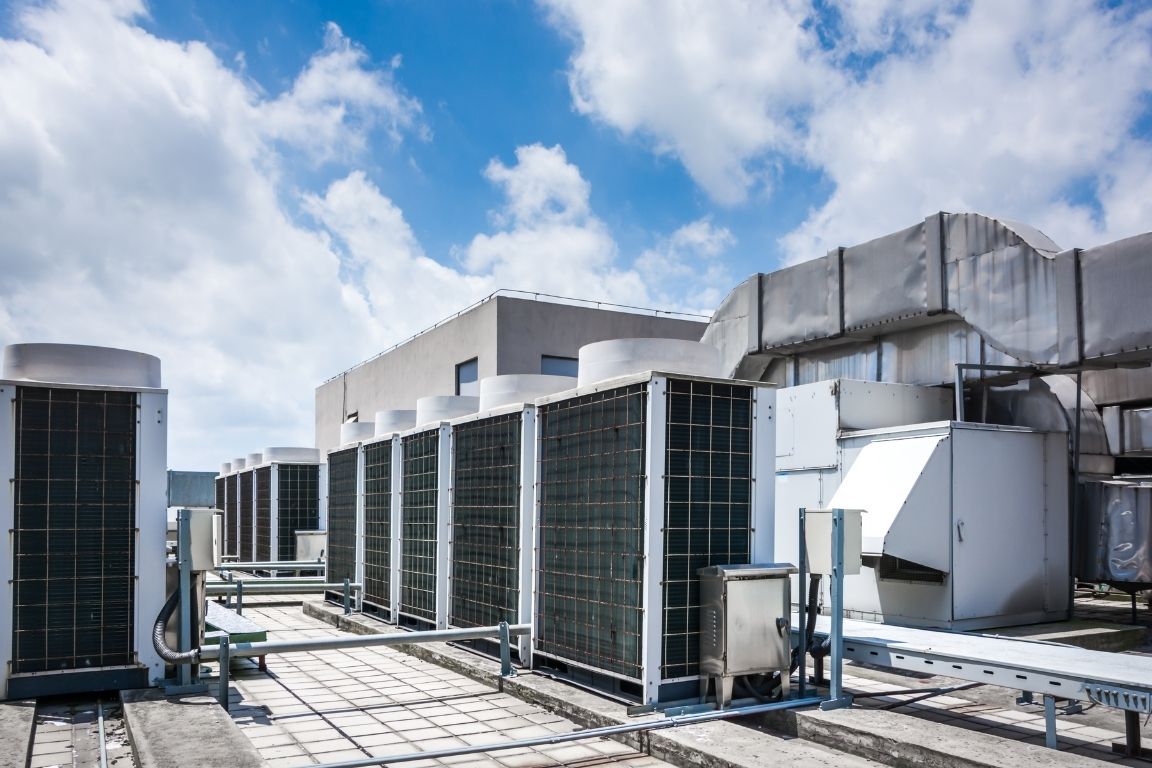Heating, ventilation, and air conditioning (HVAC) is the primary method to ensure a building is suitable to live and work in. Without these, a complex will become too hot during the summer and too cold in the winter, and air won’t cycle through the facility. Being aware of the common HVAC problems in commercial buildings will help you prevent degrading air quality and increase the level of comfort for the people inside.
Old or Clogged Filters
Countless little particles are floating through the air, and each one can end up in your filtration system. The design of HVAC systems ensures they can capture these particles before they have a chance to cycle through the building again, clearing any airborne debris from the facility. The only problem is that you must clean these filters regularly to ensure proper operation. If filters become sufficiently clogged, they’ll negatively affect both the airflow and the quality of the air. You can typically detect reduced airflow with the an airflow meter, which will streamline the process of detecting clogged vents.
Leaking Refrigerant
Refrigerants are liquids in an HVAC system that facilitate the processes of air conditioning, cooling and dehumidifying the air. Without these liquids, the AC won’t produce cold air, allowing the building’s temperature to rise. You need to regularly inspect your system to ensure there are no leaks or puddles of refrigerant. The AC may not work as intended with leaks, but it will still try its best to do the job. The issues come when the condenser begins overworking itself as a result of the leaking liquid. This will cause further problems with the system and result in more breakages if you don’t address the problem immediately.
Not Following Regular Maintenance Procedures
Many of the HVAC issues you’ll face in commercial buildings originate from a lack of regular maintenance. Becoming complacent when everything works as intended can be easy, but you need professionals to inspect your systems even when they’re in working order. Have a service schedule and always stick to it; long-term neglect will result in preventable malfunctions.











